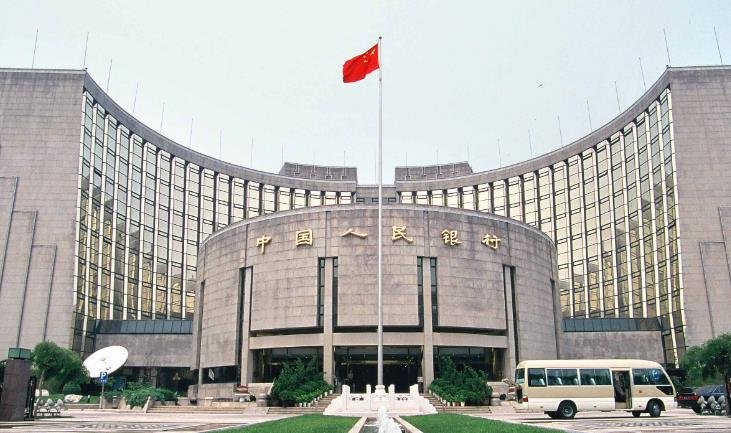China’s central bank, the People’s Bank of China (PBOC), has vowed to implement a more proactive and targeted monetary policy to provide stronger support for the real economy, according to a statement released on Saturday. The statement came after the quarterly meeting of the PBOC’s monetary policy committee, which was chaired by Governor Yi Gang.
The PBOC said it will make every effort to stabilize growth, employment and prices, and expand domestic demand. It also reiterated its aim to promote the healthy development of the property sector and protect home buyers’ rights, as well as work to better meet housing demand.
The central bank said it will keep liquidity reasonably ample and make credit growth more stable and aligned with nominal economic growth. It will also give priority to infrastructure construction, and support key sectors and weak links of the economy, such as inclusive finance, green development and sci-tech innovation.

The PBOC said it will make good use of the quantitative and structural functions of its monetary policy tools, referring to the adjustment of liquidity in the market and policies targeted at certain groups. It added that there will be more “proactive” use of monetary policy tools, and make monetary policy more forward-looking and targeted.
PBOC faces multiple challenges amid economic recovery
The PBOC’s pledge to boost the real economy comes at a time when China is facing multiple challenges in its economic recovery. The domestic economy is witnessing a recovery trend, but its foundation is not yet solid, the central bank said. It also pointed out that the economy is facing three shocks: shrinking demand, disrupted supply and weakened expectations.
One of the major challenges is the ongoing slowdown in the property sector, which accounts for about a quarter of China’s GDP. The sector has been hit by tighter regulations, rising debt risks and falling sales. The PBOC said it will effectively prevent and defuse the risks of high-quality and industry-leading housing developers, and implement city-specific policies to meet the demand of first-time home buyers or those looking to improve their housing situation.
Another challenge is the impact of the Covid-19 pandemic on global trade and supply chains. China has been grappling with sporadic outbreaks of the virus, as well as rising costs of raw materials and energy. The PBOC said it will enhance coordination with fiscal policy and other policies, and maintain a sound external balance.
A third challenge is the pressure from global inflation and monetary policy divergence. Many central banks around the world, including the US Federal Reserve, are looking to tighten policy or already raising rates, amid rising inflation expectations. This could pose risks for China’s currency stability and capital flows. The PBOC said it will keep the yuan exchange rate basically stable at a reasonable and balanced level.
PBOC aims to support innovation and green development
The PBOC also stressed its commitment to support innovation and green development in its monetary policy statement. It said it will implement re-lending programs that support small businesses and companies in reducing emissions. It will also guide banks to offer greater support to high-tech firms, small companies and private enterprises as well as green projects.
The central bank said it will encourage lenders to increase loans to the manufacturing sector, especially advanced manufacturing industries. It will also promote the development of digital finance and fintech, and improve the legal framework for digital currency.
The PBOC said it will continue to deepen financial reforms and opening-up, and enhance financial regulation and supervision. It will also strengthen international cooperation on financial issues, such as climate change, debt relief and anti-money laundering.
